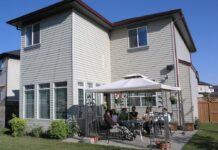
Singapore’s real estate market is one of the most sought-after in the world. High property prices, strict regulations, and a limited land supply make it an exclusive playground for investors. For foreigners, getting into this market isn’t impossible, but it comes with significant challenges. The big question is: Does it make sense to invest in Singapore property as a foreigner?
The answer isn’t black and white. There are many factors to consider, from government policies and tax implications to rental yields and long-term appreciation. Some investors see Singapore as a safe haven for capital, while others find the costs outweigh the benefits.
Why Singapore? The Global Appeal
Singapore isn’t just another big city. It’s a global financial hub, a safe and stable country, and a place where foreign investments are welcomed—at least in some sectors.
Here’s what makes Singapore attractive to property investors:
1. Political and Economic Stability
Singapore ranks among the most stable economies in the world. With a transparent government, strong legal system, and low corruption levels, it offers a safe environment for investors. Unlike many other markets where property laws change unpredictably, Singapore’s regulations are well-structured and predictable.
2. High Demand for Housing
- A growing population, driven by expatriates and international professionals, creates consistent demand for housing.
- The country’s limited land supply means property prices rarely crash the way they do in other parts of the world.
- Rental demand remains strong, especially for well-located properties near business districts.
3. Attractive Rental Yields
While Singapore isn’t the cheapest place to buy property, rental yields are relatively stable. Investors who buy in the right areas can expect steady rental income, particularly in expat-friendly locations like Orchard Road, Marina Bay, and Holland Village.
4. Strategic Location
Singapore serves as a gateway to Southeast Asia. With strong business links to China, India, and the ASEAN region, it attracts high-net-worth individuals looking for a secure place to invest their wealth.
So, on paper, investing in Singapore real estate sounds like a great idea. But is it?
- But let’s get to the real question—does it actually make sense for foreigners to invest?
Can Foreigners Buy Property in Singapore?
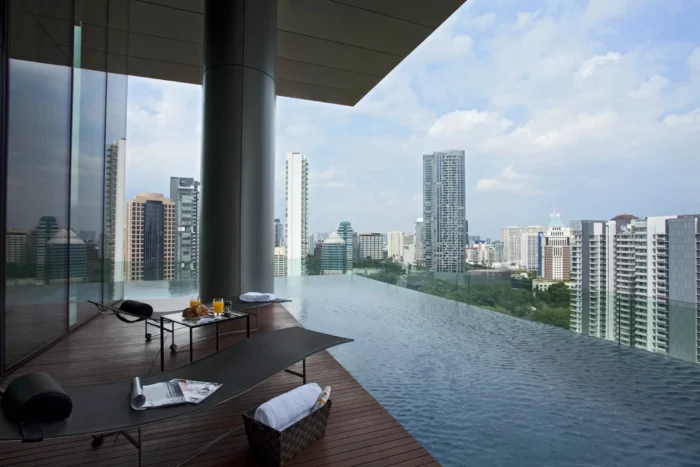
Short answer: Yes. But not all types.
Longer answer? There are rules. And some of them aren’t exactly investor-friendly if you don’t have permanent residency.
What Foreigners Can Buy:
- Condominiums (private apartments) – These are the most accessible option. No restrictions.
- Commercial properties – Office spaces, shophouses, retail units—you can own them outright.
What Foreigners Cannot Buy Without Special Approval:
- Landed property (bungalows, terrace houses) – Extremely restricted unless you contribute significantly to Singapore’s economy.
- HDB flats – These are meant for Singaporeans and permanent residents.
So, unless you’re ultra-wealthy and getting government approvals, you’re looking at condos and commercial spaces.
The Cost of Investing: What Foreigners Need to Know

Singapore’s government actively discourages speculative property investment, particularly from foreigners. To do this, they’ve put some hefty taxes in place.
1. Additional Buyer’s Stamp Duty (ABSD)
This is where most foreign investors hit a roadblock.
- As of 2023, foreigners must pay 60% ABSD on any residential property purchase.
- PRs pay a lower rate (5-30%), while Singapore citizens pay even less.
For a condo priced at SGD 2 million, a foreigner would pay an additional SGD 1.2 million in ABSD—on top of the purchase price. That’s a massive upfront cost.
2. Loan Restrictions
Foreigners face stricter financing rules:
- Loan-to-value (LTV) ratios are capped lower than for locals.
- Most banks offer a 45-55% LTV for foreign buyers.
- This means investors must pay nearly half the property price in cash.
Unless you have a high net worth and access to significant funds, this limits investment opportunities.
3. Property Taxes & Maintenance Costs
- Annual Property Tax – Based on the property’s annual value and intended use (investment vs. owner-occupied).
- Maintenance Fees – Condos charge monthly fees for security, amenities, and management
So, Is It Actually Worth It?
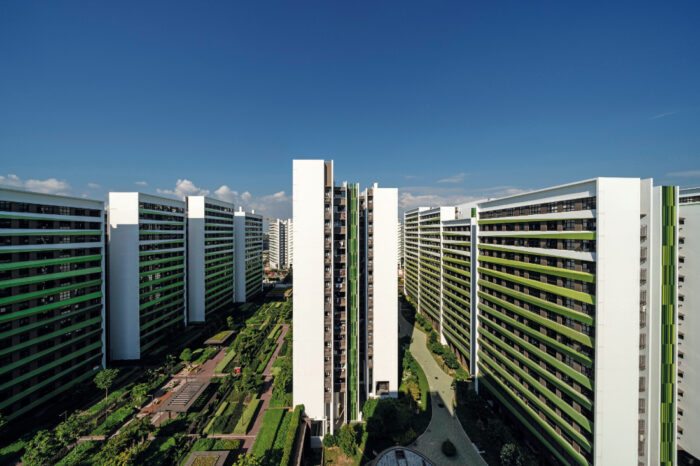
For some, yes. For others, not so much. Let’s break it down:
Who Benefits Most from Investing in Singapore Real Estate?
- Ultra-high-net-worth individuals – The 60% ABSD? Just another line item in the portfolio.
- Foreigners planning to become permanent residents – PRs get significant tax benefits.
- Long–term investors – If you can hold onto the property for a decade, you may still see solid appreciation.
Who Should Think Twice?
- Short-term investors – The high ABSD and transaction costs make flipping nearly impossible.
- Those relying heavily on financing – If you need a large mortgage, you might struggle with LTV limits.
- Casual investors – There are more affordable markets with fewer tax burdens.
The Case for Buying vs. Renting
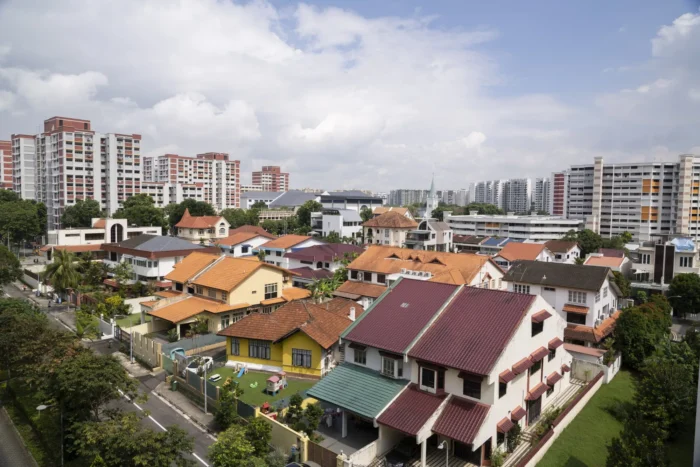
If you’re planning to live in Singapore, renting might be the smarter choice.
Why Renting Makes Sense:
- No ABSD, no stamp duties.
- Flexibility—move whenever you want.
- No need to worry about maintenance, property taxes, or long-term appreciation risks.
Why Buying Might Still Work:
- Long-term capital appreciation (despite high entry costs).
- A hedge against rising rental prices.
- A way to diversify assets if you already own property in other countries.
For those set on buying, one development that’s gaining attention is Parktown Residence. A new launch condo with solid investment potential.
Alternatives: Where Else Can Your Money Go?
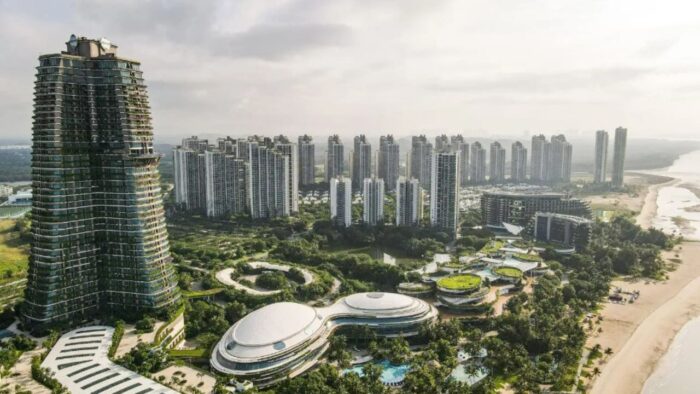
Singapore’s real estate market is premium-priced. If you’re open to alternatives, consider:
Other Southeast Asian Markets
- Malaysia – Much lower entry costs, but less stability.
- Thailand – Great lifestyle benefits, but leasehold restrictions.
- Vietnam – Strong growth, but complex legal processes.
Singapore REITs (Real Estate Investment Trusts)
- No ABSD, no maintenance hassles.
- Steady rental yields and liquidity.
- Still provides exposure to Singapore’s real estate sector.
Final Thoughts
Singapore’s real estate market has plenty going for it—stability, strong rental demand, and long-term appreciation. But for foreigners, the ABSD makes it a tough pill to swallow.
Unless you’re a high-net-worth individual, looking for long-term residency, or willing to hold onto the property for a long stretch, parking your money elsewhere might be a better bet.
At the end of the day, it’s about what works best for your financial goals. If the numbers make sense for you, Singapore remains a world-class place to own property. If not, there are other exciting markets that could offer better returns with fewer restrictions.


